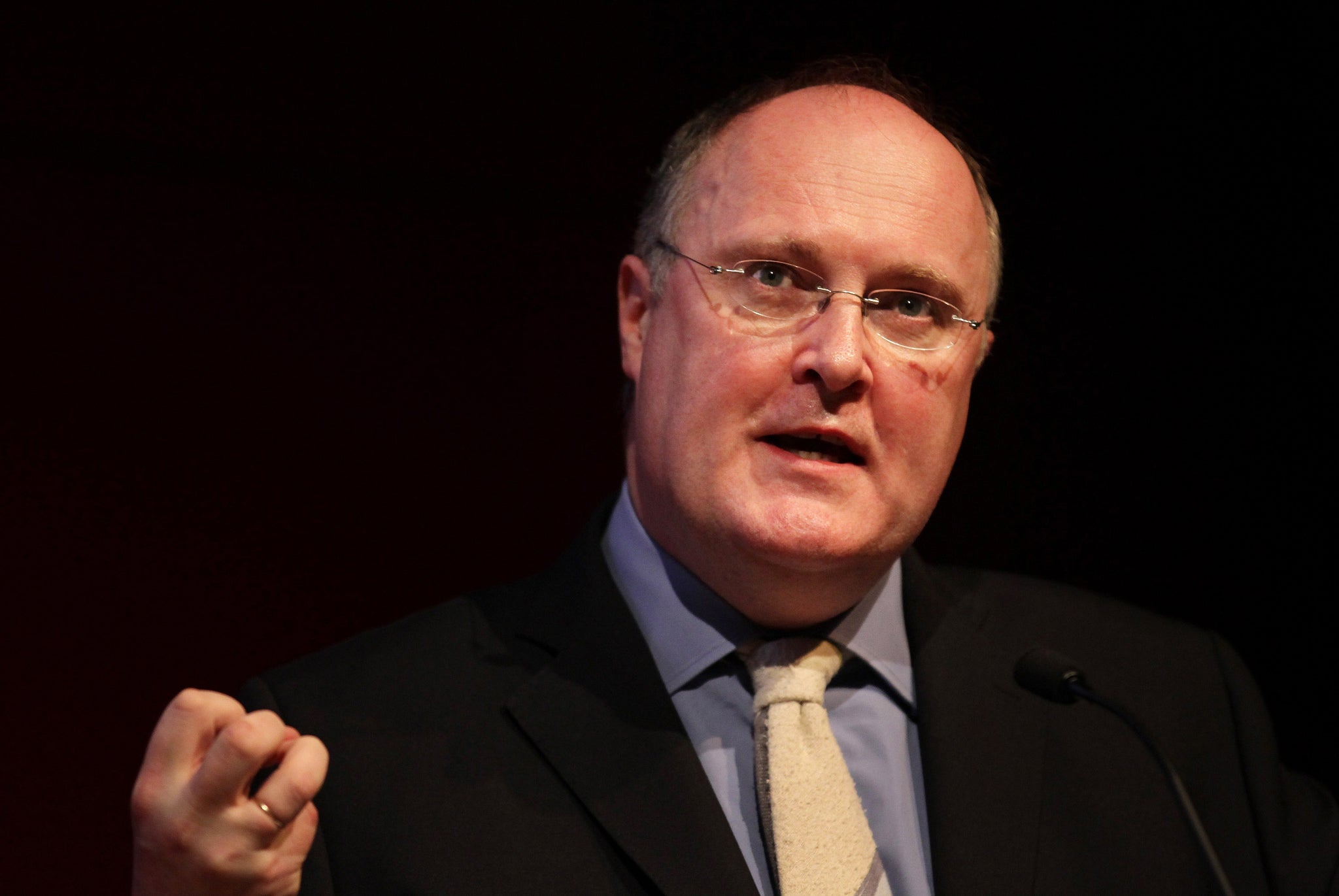Why won’t the arts council tell us who’s getting our money?
So much for transparency and accountability


The Arts Council has announced a round of emergency grants to bail out a number of organisations running into trouble. It does it every so often, but this time something odd and alarming struck me about the announcement.
More than 50 theatres, galleries and other organisations at “serious financial risk” are sharing £14m of emergency grants, but the Arts Council has decided not to name the most recent beneficiaries because of “commercial sensitivity,” explaining that naming them could “prejudice the commercial interests of the organisations concerned”.
So much for transparency and accountability. This is public money, millions of pounds of public money, and yet the public is not to be told where its money is going. The excuse of “commercial sensitivity” is ludicrous. There is always commercial sensitivity, as all arts organisations sell tickets, have sponsors, hire catering companies, and enter into many other commercial transactions. So why name any of them, ever? Will the Arts Council now also stop naming organisations that have their grants cut? By its own logic it should refuse to name them, as commercial sponsors might take fright. And while we’re talking about illogicality, how is it that organisations which have received emergency funding in the past, from the English National Opera to Hull Truck Theatre, have been named without their world falling apart commercially?
I have long argued that the Arts Council, an unelected quango which distributes taxpayers’ money to arts bodies, is an anachronism, and the democratically elected government through a Culture Secretary backed by civil servants should be taking the role of distributing the cash, so that a minister can be answerable in Parliament for these decisions. As it is, funding decisions are taken behind closed doors, and when a minister is asked in the House of Commons to justify a decision, he or she can simply answer: “That is a matter for the Arts Council.”
It’s bad enough that there is no holding to account the organisation that distributes nearly £500m of cash each year to arts organisations. But now, with this set of emergency grants, we don’t even get to know which organisations are getting some of the cash. It’s just the sort of thing the arts world would be up in arms against, were it happening in any other area of public life. It’s also just the sort of thing that the new Culture Secretary, Sajid Javid, should be concerned about.
The chairman of the Arts Council Peter Bazalgette and its chief executive Alan Davey have set a dangerous precedent here. Under a very dubious pretext, they have introduced unnecessary secrecy into the grant-giving process. The arts should be a beacon of open, transparent decision-making. Spending £14m of our money and refusing to tell us how it has been spent, is an affront to democracy.
Lost in translation
There was “stand-in” drama at the production of Antony and Cleopatra at Shakespeare’s Globe when Clive Wood playing Antony fell ill. Globe stalwart John Light nobly volunteered to step in and read the part, which entailed him embracing Eve Best’s Cleopatra while holding a script above her head. I think I can trump that, though. I have seen a performance of Rigoletto at the English National Opera, in which the singer playing Rigoletto lost his voice during the first half. The management rang round frantically during the interval to find a replacement. They did manage to find a baritone who rushed to the London Coliseum. He did indeed know the role — but in Italian. So he sang in Italian, and the rest of the cast sang back in English. It was a memorable, if largely incomprehensible, evening.
Churchill and Olivier - a meeting of titans
It was sad to hear of the death this week of Mary Soames, the last surviving daughter of Sir Winston Churchill. Lady Soames was for a while the chairwoman of the National Theatre, and I had lunch with her there on one occasion. Since we were eating just by the Olivier theatre, I asked her if she had ever met Laurence Olivier. “Oh, yes,” she replied, “he used to come to see Papa.” It was not just a remark that crossed the decades, it was also a salutary reminder that there was a time when a Prime Minister, even one who was fighting a war to save the free world, would always find some moments to chat with the world’s greatest actor.
Join our commenting forum
Join thought-provoking conversations, follow other Independent readers and see their replies
Comments
Bookmark popover
Removed from bookmarks